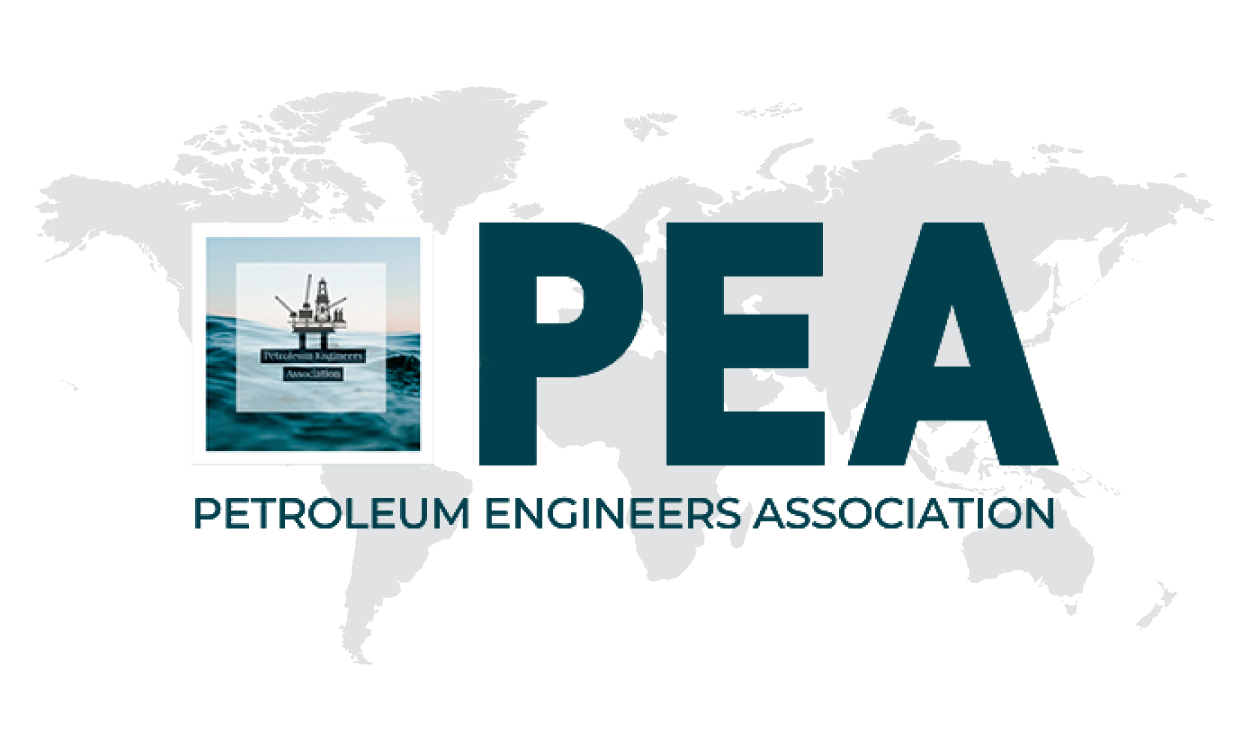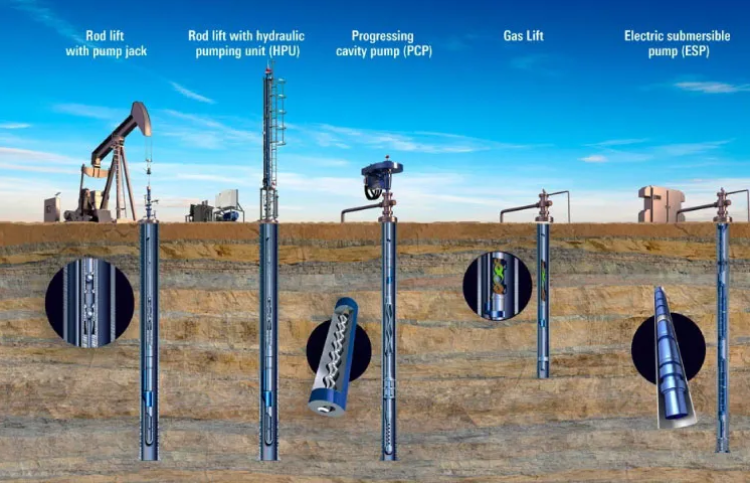Artificial lift remains one of the most critical components of oilfield production operations, ensuring sustained flow and economic recovery from reservoirs. This self-paced course offers a structured approach to understanding and applying artificial lift systems, from rod pumping and gas lift to electric submersible pumps and advanced methods. Participants will learn how to evaluate system performance, match lift techniques with reservoir conditions, and implement solutions that enhance reliability and efficiency. Through detailed case examples and structured modules, this course delivers actionable insights that align technical expertise with industry best practices.
Selection of Artificial Lift Methods and Their Implementation in Industry
e-Learning/On Demand course
| Code | Duration | Currency | Fee Per Person |
|---|---|---|---|
| EL-ALT-PEA |
15 Hours
|
USD
|
500
|
This is a self-paced, on-demand e-learning course. Upon enrollment, all course videos and materials will be delivered to your email within 12 hours. A certificate will be issued upon successful completion of the required quizzes and assignments.
Boost your team's skills and your budget! Enjoy group discounts for collaborative learning. Send an inquiry to info@peassociations.com.
Selection of Artificial Lift Methods and Their Implementation in Industry
This course equips participants with the knowledge and tools to select, design, and optimize artificial lift systems. It addresses key methods, operational challenges, and strategies to maximize production while minimizing downtime and costs.
Description
Course Description
As production challenges intensify with deeper wells, complex reservoirs, and rising operational costs, the ability to choose and apply the right artificial lift method has become essential. This course provides a complete learning pathway into the principles, selection criteria, and implementation of artificial lift systems, enabling professionals to improve production outcomes, extend equipment life, and ensure economic operations in diverse field conditions.
Participants will learn to:
• Apply techniques to maximize oil production with artificial lift systems.
• Perform PVT property and inflow performance calculations related to lift design.
• Understand multiphase tubing and pipeline flow principles.
• Evaluate drawdown potential, operating expenses, and production ranges for various lift methods.
• Address challenges such as sand, scale, and deviation in system selection and design.
• Specify components and auxiliary equipment required for artificial lift systems.
• Apply design and analysis concepts for harsh field conditions.
• Troubleshoot and optimize rod pumping, gas lift, and ESP systems, with exposure to PCP, plunger lift, jet pump, hydraulic pump, and intermittent gas lift.
• Increased production efficiency and reduced downtime.
• Optimized equipment performance and extended system life.
• Better alignment of lift systems with reservoir and field conditions.
• Reduced operating costs and improved return on investment.
• A more skilled workforce capable of tackling complex production challenges.
• Deeper technical knowledge of artificial lift design and operation.
• Ability to evaluate multiple lift methods for specific reservoir conditions.
• Skills in analyzing system performance and troubleshooting failures.
• Confidence in selecting cost-effective and reliable lift solutions.
• Enhanced career value through specialized expertise in production optimization.
• Production and Reservoir Engineers
• Technicians involved in lift operations
• Field Supervisors and Team Leads
• Professionals responsible for selecting, designing, installing, evaluating, or operating artificial lift systems
DAY 1
• Overview Of Artificial Lift Technology
• Selection Criteria
• Reservoir Performance
• Artificial Lift Screening
• Economic Analysis
• Rod Pump, Gas Lift, And Esp Equipment
• Selection And Design
• Best Practices For Each System
On successful completion of this training course, PEA Certificate will be awarded to the delegates
This course has been meticulously developed by a seasoned PEA expert renowned in the oil and gas industry. With extensive hands-on experience and a proven track record in delivering innovative solutions, our trainer brings a wealth of technical expertise, deep industry insight, and a commitment to excellence. Learners can trust that they are gaining knowledge from a leading authority whose dedication to professional development ensures you receive only the highest-quality training to elevate your skills and career prospects.












